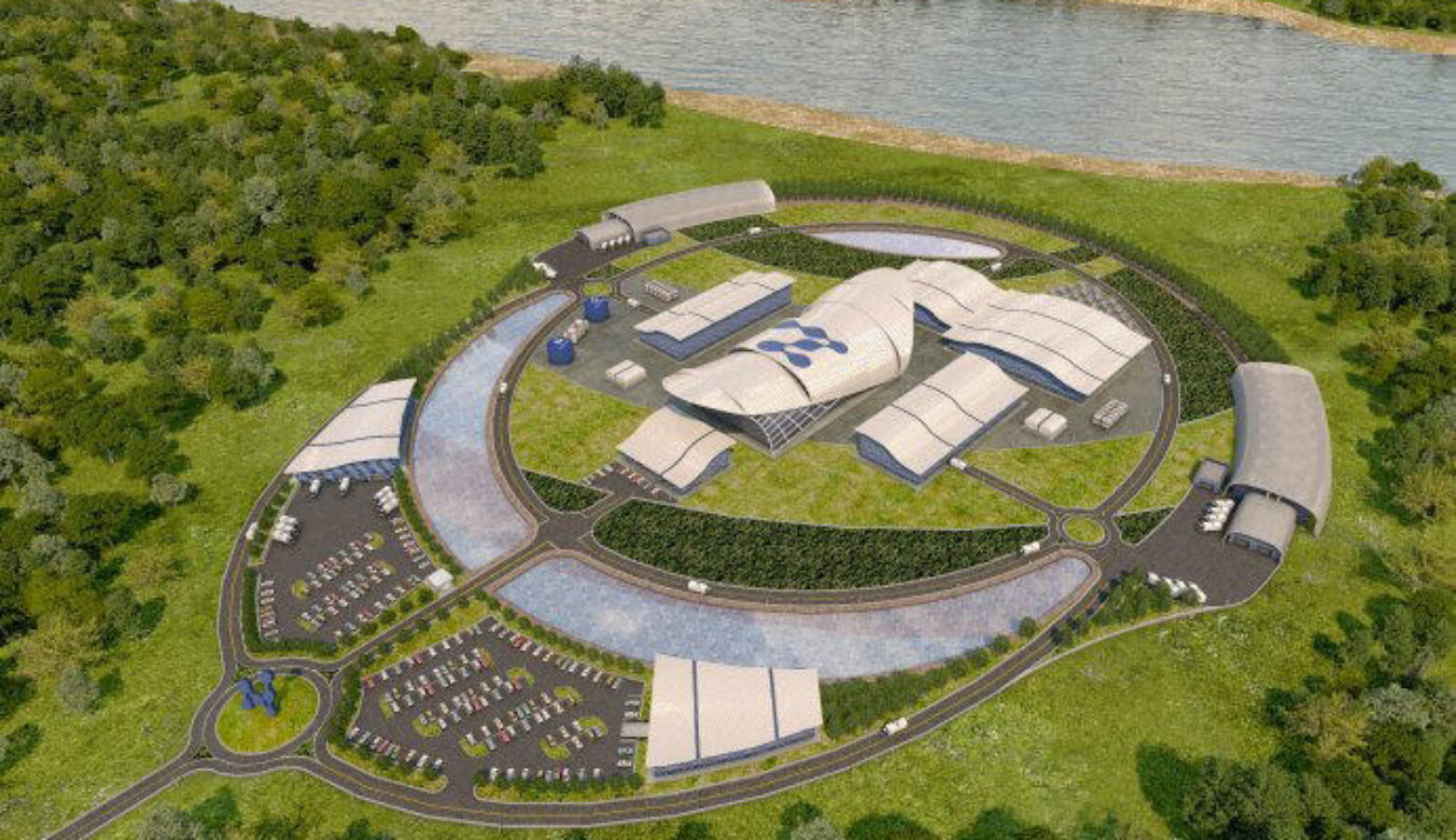Bill paves the way for small nuclear reactors. But are they a financial and safety risk?

Lawmakers want to make it easier for smaller, more advanced nuclear power plants to be built in Indiana. A state Senate bill, SB 271, would direct the Indiana Utility Regulatory Commission to adopt rules for building small modular nuclear reactors and offer financial incentives.
Those in favor of small modular nuclear reactors say, like other nuclear plants, these plants can provide reliable power that doesn’t emit carbon dioxide. But unlike commercial nuclear power plants, they’re smaller — which proponents say makes them cheaper and safer.
The Biden administration has embraced an “all of the above” policy when it comes to reaching its zero-carbon goals — including nuclear — to combat climate change.
Join the conversation and sign up for the Indiana Two-Way. Text “Indiana” to 73224. Your comments and questions in response to our weekly text help us find the answers you need on statewide issues.
Alice Caponiti is with the U.S. Department of Energy’s Office of Nuclear Energy. She said, because of the cost of traditional nuclear reactors, 12 have shut down prematurely since 2013.
“Losing reactors early has led to a rise in emissions, poorer air quality, a loss of high-paying jobs across the country, and had a dramatic negative impact on the economies of the surrounding communities,” Caponiti said.
Sen. Blake Doriot (R-Goshen) co-authored the bill. He said small nuclear reactors could bring new job opportunities to coal plant communities in Indiana.
“Right now we’re going to be displacing hundreds and thousands of workers as we shut these plants down. But they’re a trained force and they understand power,” Doriot said.
But consumer advocates say small modular nuclear reactors are a risky investment for the state. Though Navy ships have used something similar for decades, the U.S. hasn’t built one on land yet.
READ MORE: Why those harmed by coal pollution need to be heard as coal plants shut down
A federally-funded project in Idaho, for example, has been delayed and won’t be finished until 2030. And it’s estimated cost has gone up by about $2 billion since it was proposed — bringing the project total to roughly $6 billion.
The Union of Concerned Scientists has also questioned the safety of the plants. It said the nuclear industry has sometimes used the plant’s size to justify cutting back on safety equipment and staff as well as shrink the area that would be told to evacuate in a disaster.
The U.S. also hasn’t figured out how to safely store nuclear waste long-term, so often, the waste from these plants is still stored on-site. The Hoosier Environmental Council said putting hazardous nuclear waste on the site of Indiana’s shuttered urban coal plants — closer to residents — is a bad idea.
Contact reporter Rebecca at rthiele@iu.edu or follow her on Twitter at @beckythiele.
Indiana Environmental reporting is supported by the Environmental Resilience Institute, an Indiana University Grand Challenge project developing Indiana-specific projections and informed responses to problems of environmental change.
